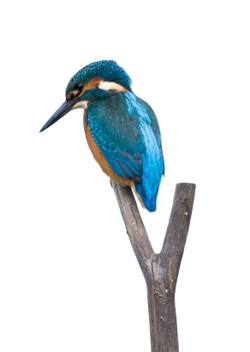As well as the on-going research for the documentary, Forgotten Connections is involved in various forms of research in collaboration with others.
Research Networks
Forgotten Connections’ work supports and is supported by participation in various research networks.
For over ten years, Forgotten Connections’ Director has participated in a Community of Practice and Experimentation for Constellators. With a common training in Organisational Constellations, this community of peers provides support, feedback and inspiration as its members innovate and stretch the boundaries of their work.
She is also a member of the Quantum-based Agriculture research network emerging in collaboration with Coventry University (UK) and Stellenbosch University (South Africa) as well as other independent researchers and practitioners.
A website, Gaia Campus, has been initiated by international experts focusing on innovative methods to improve agricultural practices, including some involving conscious connections with other-than-human life. It is soon to be launched and aims to serve farmers and researchers through being both a source of information and a platform for practitioners worldwide to share experiences. Forgotten Connections’ Director is providing content about the consciousness of nature and moderating a Nature Constellations platform.
Joint Publication on the Consciousness of Nature
This project is a collaboration between Melissa Roussopoulos, Director of Forgotten Connections, and Dr Saskia von Diest, post-doctoral researcher at Stellenbosch University. They will publish evidence about the consciousness of nature in the context of recent academic research into ‘intuitive farming’.
Dr von Diest has interviewed farmers who claim to communicate with other-than-human life. These farmers’ experiences lead to them taking actions that appear to confirm the validity of the communications, as well as leading to practical benefits.
While her focus has been to map the methodologies and discover whether they can enhance farming as well as the wider agro-ecosystems, the methods presuppose a ‘consciousness’ on the part of other-than-humans. The controversial nature of this claim led to Dr von Diest to investigate what is known about this. She writes:
“Meeting Melissa was pivotal to my work, as I have yet to come across anyone else who has so thoroughly researched the different bodies of evidence on the topic. She coherently connects the dots in a way that brings credibility to the notion of Nature being conscious. I am keen to work with her and share our findings with a wider audience.”
Research into the use of Nature Constellations to address agricultural questions in South Africa
Following a visit to South Africa in 2014, Forgotten Connections’ Director was invited back to research the use of Nature Constellations to address agricultural questions in South Africa. Workshops were organized in collaboration with Stellenbosch University and others during 2017.
Coventry University supported this research by covering the travel and accommodation expenses through its EcoDry project, managed by Dr Julia Wright. She is a Senior Research Fellow at the Centre for Agroecology, Water and Resilience (CAWR) and writes:
“Melissa Roussopoulos ran a Nature Constellation at CAWR in 2014. It is clearly a powerful methodology and warrants further investigation to find the ways that it is of most value to agroecology.”
The first results of this work are published in The Knowing Field constellations journal, January 2018.
On-going Nature Constellations Research
Facilitating Nature Constellations is itself is a form of research – always generating fresh data and understanding that can be checked against evidence and theory from elsewhere. Also, as an emerging field, the scope and effects of Nature Constellations are still being discovered and mapped.
Forgotten Connections is now audio-recording and photographing much of its work, with informed consent from participants. This on-going Action Research aims to build the body of knowledge about the method, as well as evolve best practice.
